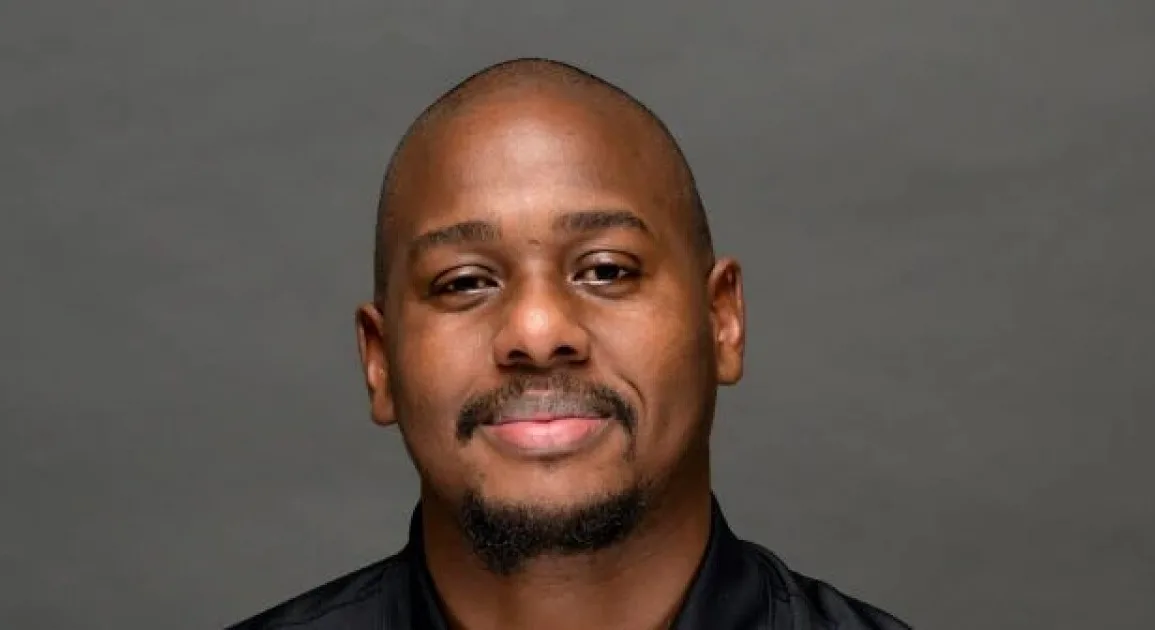Before taking the top job, Pryor helped lead special projects such as “A Path Forward for Louisville,” which aims to eliminate racial inequities in the city.
He stepped in as interim CEO and president in March 2023 after the firing of former CEO and president Kish Cumi Price. Price sued the organization and its former leader Sadiqa Reynolds last year, alleging that she was fired in retaliation for uncovering misappropriation of funds.
Pryor spoke to LPM News’ Divya Karthikeyan about the Louisville Urban League’s goals and priorities for 2024, his focus on supporting and revitalizing local Black-owned businesses, and why he thinks ending gun violence will take new local policy action. This conversation has been edited for length and clarity.
Take us through your goals for the Louisville Urban League for the year. Where specifically are you looking to scale up in terms of the vision for 2024?
In looking to 2024, my goal, my vision and my charge to my team here has been about scale. We want to get to population-level impacts across all of our programs and services. That means thinking about how our programs grow and how we grow with those programs to be able to accommodate the needs that we have. And so, particularly in the three areas in which we’ve been doing the path work – education, Black business and housing – we’re really trying to figure out how we scale that work.
Tell me more about the goal to help Black businesses in Louisville. What is that going to look like?
Particularly in Black business, it’s a few things. So, one is access to capital. And we have started that. We started, just at the end of last year, awarding grants to some of our participants, our entrepreneurs in our Center for Entrepreneurship, $5,000 grants. This year, we’re going to roll out a loan program thanks to an investment by the Community Foundation of Louisville that’s going to allow us to do some low-interest, zero-interest loans to businesses and entrepreneurs. That is going to help infuse capital into their businesses, up to $15,000.
The coronavirus pandemic has changed a lot of the city’s landscape. We’re seeing a lack of affordable housing, businesses struggling and gun violence is a major concern that disproportionately affects the Black community. How are the Urban League’s priorities adapting to that shifting landscape?
I think gun violence is a symptom, right? It is a symptom of greater root cause issues. And until we start to deal with those greater root cause issues, we’re never going to get to gun violence. Now certainly, there are some things on the surface that we can deal with, and we’ve called for better gun policy and gun laws both out of Frankfort. But also here locally, after the Old National Bank and [Chickasaw] Park shootings, we proposed that Louisville Metro Council start to enact local gun policies, to which people said, ‘Hey, this is against Kentucky state statute,’ and to which my response was, ‘Make them sue.’ Because Louisville has to stand up for Louisville. Louisville has to start to take control over its own destiny with regard to guns and gun policy.
And talking about root cause issues, there’s also the problem of food insecurity in Louisville – particularly in the West End and Downtown. How is the Urban League prioritizing solutions to tackle food deserts in the city?
What we are living in in Louisville is food apartheid, right? It is the inability for certain folks to access quality, affordable foods that they want. And so, that is a significant problem here. We were recently awarded a grant through the National Urban League and the USDA to do some investment in urban farming. And we’re continuing to work on that, but that’s a part of that movement. And that’s not just here in Louisville, that movement is sweeping the country.


